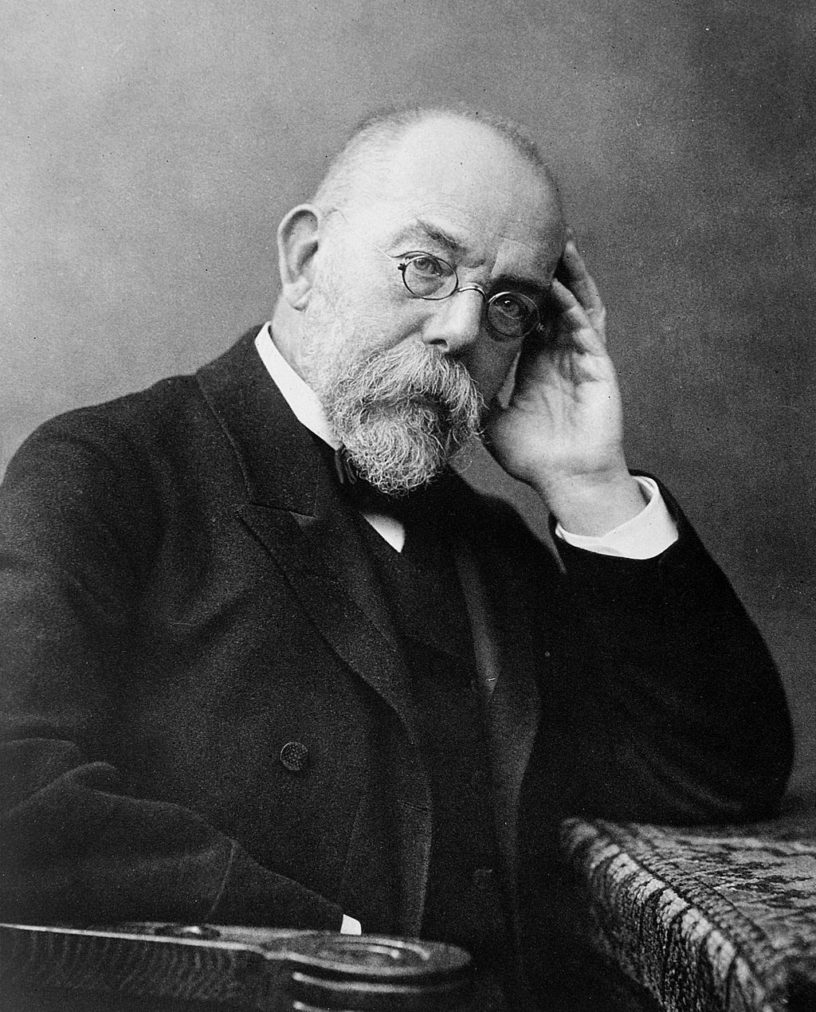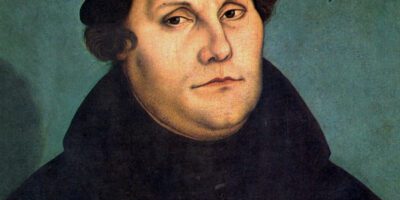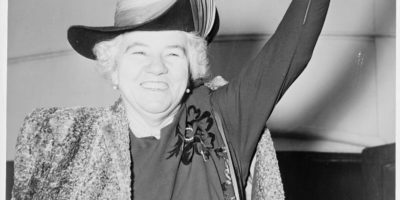Top 10 Interesting Facts about Robert Koch

Robert Koch by ZEISS Microscopy from Wikimedia Commons
Robert Koch, sometimes known as Heinrich Hermann Robert Koch, was born on December 11, 1843. German microbiologist Koch also practised medicine. He lived a life devoted to medicine and was a pioneer in the field of bacteriology.
He was a voracious reader and researcher, which inspired him to create important advancements in the lab equipment he was using.
1. Robert Koch was incredibly smart when he was younger

Gymnasium in Hamburg by Simmmox from Wikimedia Commons
On December 11, 1843, Robert Heinrich Hermann Koch was born in Germany. His mother was constantly working to make ends meet while his father worked as a mining engineer.
Robert Koch’s intelligence allowed him to teach himself to read when he was only five years old, which is an intriguing fact about him. His ability to do so amazed every member of his family, especially considering that he used outdated newspapers to aid in his educational pursuits.
He attended his local Gymnasium, known as a high school in Germany, where he developed a strong interest in biology and chemistry.
2. Koch was able to accomplish a lot because of his early training

Robert Koch by ZEISS Microscopy from Wikimedia Commons
In 1866, Koch received his degree from the University of Gottingen. He majored in medicine, and as soon as he graduated, he started working as a doctor in a number of the nearby towns. Koch also trained as a field medic for the Franco-Prussian War, which lasted from 1870 to 1871. He provided assistance whenever and wherever it was required.
A few years later, he made the decision to construct his own laboratory. He had a microtome, an incubator, and a microscope there that he had created and constructed himself. Koch made the case in his first work, which was published in 1840, that parasitic organisms were to blame for infectious illnesses’ occurrence and spread. After completing his education, Robert Koch opted to relocate to Berlin to study chemistry since he felt something was lacking.
3. He was eager to conduct research
The majority of Koch’s instructors were eminent scientists who had written and published numerous books and scholarly publications.
Casimir Joseph Davaine, a French parasitologist, made the first observations of various organisms in the blood of sick animals in 1850. Even though Davaine made enormous strides, the tale of this disease remained far from being fully understood more than ten years later, in 1863, when he was talking about how anthrax is communicated. Following his own studies on anthrax, Koch chose to use all of this information.
4. Koch’s anthrax research

Anthrax culture by Army Medical Research Institute of Infectious Diseases from Wikimedia Commons
Robert Koch’s ability to prove how and in what shape anthrax organisms develop in his laboratory is a noteworthy fact. As a scientist, he was determined to understand how anthrax spreads.
These creatures grow into large filaments and include some dried spores as well. According to his findings, these dried spores may still serve as a breeding ground for bacteria if exposed to specific environmental factors.
Anthrax will eventually result from these microorganisms. Since anthrax was a problem with farm animals at the time, all of this material was published and appreciated by scientists and non-scientists alike.
5. He developed a fascination for anthrax
Koch wished to be well informed regarding anthrax. The relationship between animals and the bacteria known as the “anthrax bacilli” was one of the first topics he looked into.
More particular, the researcher was interested in whether an animal could still transmit sickness even if it had not come into touch with the bacterium. His findings showed that the bacilli could still produce anthrax even in the absence of interaction with an animal. Koch also rose to fame once the findings were made public in 1876. He continued to collaborate with his editor at the time because he could learn from him how to take better pictures of the bacteria they
6. Some people did not like the way he taught
Many of Robert Koch’s pupils were taken aback when they left their first lesson with the professor, which is an interesting truth about him. He obviously wasn’t a good public speaker.
However, due to his demonstrations, examples, and ability to clearly explain complex concepts, Robert Koch became one of the most well-known speakers of his time. Koch has a large number of international students. People would travel wherever he was to learn from one of the new bacteriologists.
7. Robert Koch traversed the globe in an effort to learn more about various illnesses

Robert Koch by Reclams Universum from Wikimedia Commons
It was only a matter of time before Koch would bring all of his interests together because he adored travel. He was able to create new techniques in Berlin, one of which he named Reinkulturen which basically meant he would grow pure cultures of bacteria in various locations, like a potato.
He was conducting research on tuberculosis when he was dispatched to Egypt to look into an outbreak that had happened at the time. Once more, cholera was spreading quickly. He subsequently travelled to India to conduct his research there. Koch also visited South Africa, where he conducted rinderpest studies. He travelled extensively throughout Africa before deciding to go back to Germany.
After receiving the Nobel Peace Prize in 1905, Robert Koch travelled back to Central Africa to conduct an additional study on a number of ailments, including malaria.
8. Influence
Others were influenced by Koch’s works. Using Koch’s microbiological techniques, the students were able to identify the origins of diseases such as tetanus, bubonic plague, leprosy, diphtheria, and typhoid.
9. Personal life
In July 1867, he wed Emma Fraatz. Both had two daughters, which was a blessing. However, the union did not last, and in 1893, he wed actress Hedwig Freiberg.
10. Nobel Prize

Nobel Prize Medal by Adam Baker from Wikimedia Commons
Koch received a Nobel Prize in recognition of his work on tuberculosis. He was given this incredible honour in the field of medicine or physiology in 1905.
Robert Koch was a nouvelle figure. And although though he had numerous deficiencies in the early years of his work and it appeared that his laboratory was run by amateurs, he nevertheless managed to get through all of them and was able to share his discoveries and technological advancements.
He was well-known in the scientific community and developed key ideas that are still applied today. In Baden-Baden, Germany, on May 28, 1910, Robert Koch passed away from heart disease.
Planning a trip to Paris ? Get ready !
These are Amazon’s best-selling travel products that you may need for coming to Paris.
Bookstore
- The best travel book : Rick Steves – Paris 2023 – Learn more here
- Fodor’s Paris 2024 – Learn more here
Travel Gear
- Venture Pal Lightweight Backpack – Learn more here
- Samsonite Winfield 2 28″ Luggage – Learn more here
- Swig Savvy’s Stainless Steel Insulated Water Bottle – Learn more here
Check Amazon’s best-seller list for the most popular travel accessories. We sometimes read this list just to find out what new travel products people are buying.










